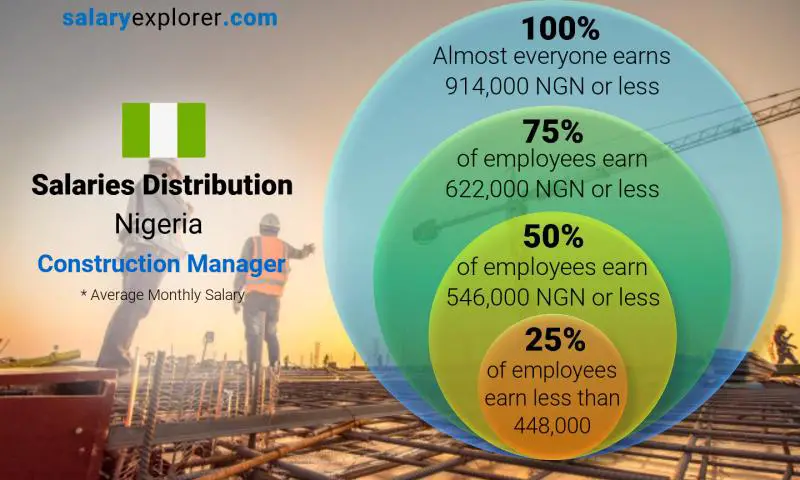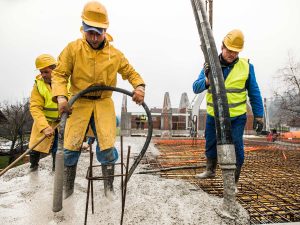How To Become A Construction Manager
What Does A Construction Manager Do?

A construction engineer or manager, sometimes referred to as a site manager, is in charge of pretty much everything that occurs on a building site. One of the most senior people to be found on-site, you’ll be expected to oversee and direct the specific operations within a building project.
Your day-to-day activities can vary. From hiring staff and going over plans with architects, surveyors and engineers, to planning work schedules, monitoring progress and reporting back to clients. You’ll be the main point of contact on-site, both for subcontractors and the general public.
What Qualifications Do I Need?

Construction manager jobs usually need a HND/BSC/B.TECH, a foundation degree or degree in a relevant area, such as building engineering, architecture studies, civil engineering, construction management, or construction engineering. You’ll also need to have considerable work experience in the industry.
Alternatively, you can apply for a Modern Apprenticeship through the Construction Industry Training Board (CITB), after studying a number of subjects such as English, mathematics, science, and technology.
How Much Are Construction Managers Paid
A person working as a Construction Manager in Nigeria typically earns around 590,000 NGN per month. Salaries range from 295,000 NGN (lowest) to 914,000 NGN (highest).
This is the average monthly salary including housing, transport, and other benefits. Construction Manager salaries vary drastically based on experience, skills, gender, or location. Below you will find a detailed breakdown based on many different criteria.
Construction Manager Salary Distribution in Nigeria

What Are The Skills Required To Become A Construction Manager?

A job in construction management requires a range of skills beyond what you would need for a typical management position. Here are some of the key skills for this profession:
- Leadership: Construction managers must be effective leaders. They must be able to delegate responsibilities, motivate workers to succeed, and hold them accountable for results. They should also be knowledgeable of the industry and be able to spot trends. They should lead by example and exercise good judgment, prioritizing worker safety over meeting deadlines.
- Risk management: A construction project comes with risks that threaten to throw the project off schedule or blow up the budget. A construction manager should be able to spot risks — such as a possible obstacle to achieving a milestone or an expansion in the scope of work — and make plans to mitigate them.
- Communication: Construction managers must communicate roles and responsibilities clearly to the workforce. This skill is helpful in any industry, but it is particularly important in construction because of the high stakes of miscommunication — such as misdelivered materials delaying the project or a safety mishap because a worker was sent to the wrong area.
- Learning and adapting: The best construction managers are able to absorb knowledge like a sponge and adapt to trends. The industry changes quickly and each construction project differs from the next, so a construction manager must have the ability to constantly learn both from on-the-job experience and from online or classroom education when possible.
- Experimenting: Construction tech is rapidly advancing, from prefabrication to drones to the latest construction management software, and construction managers who are willing to experiment with new technology will find new ways to increase their company’s bottom line and win more bids.
Career Progression

With time, experience, and additional training, there are a number of opportunities for progression in your career. Some people choose to move into contract management or consultancy, while others move into senior or project management positions.
Alternatively, you could move into support services, such as health and safety or building inspection.
An excellent way to improve your career progression prospects is to attain chartered status. The Chartered Institute of Building is an industry body that offers a number of different membership options to help you boost your career.







